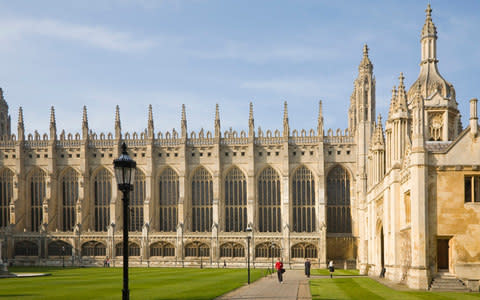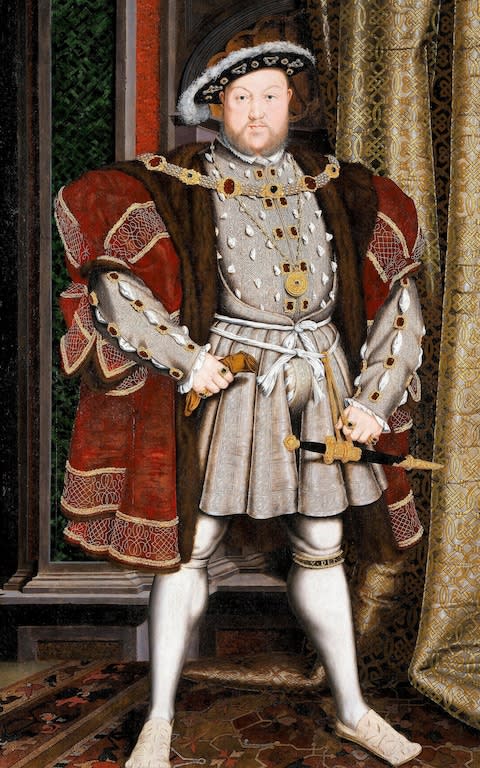Cambridge University Press backs down over China censorship row

Cambridge University Press (CUP) has backed down over a China censorship row, after announcing that it has reversed its decision to take down hundreds of articles.
The world’s oldest publishing house was accused of placing profit over academic freedom, after it agreed to block online access in China at the request of the Beijing authorities.
Last week it emerged that CUP had removed online papers covering a range of topics disliked by Beijing, such as the 1989 Tiananmen Square massacre, Tibet and human rights.
Tim Pringle, the editor of The China Quarterly, the publication which carried the articles, said he had not been consulted about the censorship and urged CUP to push back against the Chinese authorities.

The publisher conceded it had responded to demands from Beijing, but pledged not to “proactively” censor its contents in future. It is understood, however, that CUP has also voluntarily removed 1,000 ebooks from its site.
The publisher’s U-turn on Monday came amid a growing backlash and the threat of having its journals boycotted. Mr Pringle said that following a meeting with CUP representative, the publisher “intends to repost immediately the articles removed from its website in China”.
He added: “As editor, I would like to express my support for CUP’s decision to repost the articles. It comes after a justifiably intense reaction from the global academic community and beyond.”
China Quarterly Editor's statement: Cambridge University Press to unblock censored material today. pic.twitter.com/5GwnpnNVj3
— The China Quarterly (@chinaquarterly) 21 August 2017
Hundreds of academics had signed a petition calling on Cambridge University Press to “refuse the censorship request not just for the China Quarterly but on any other topics, journals or publication that have been requested by the Chinese government”.
The online petition, launched by Christopher Balding, an American political economist and associate professor at Beijing University, had attracted more than 700 signatures from academics in the US, Europe and the far east.
"If Cambridge University Press acquiesces to the demands of the Chinese government, we as academics and universities reserve the right to pursue other actions including boycotts of Cambridge University Press and related journals," the petition said.

Alexander Heinemann, an academic from the University of Freiburg in Germany, signed the petition, writing: "As a Classicist I don't usually interfere with contemporary authoritarian agendas, I am shocked and disgusted at CUP's policy.
"Who if not European scholarly institutions should have both the backbone and ethical principles to stand up to petty blackmailing carried out by the autocratic Chinese government?"
Meanwhile, John Dockall, an academic from Texas wrote: "As an archaeologist and anthropologists, the free and open exchange of cultural observation is paramount."

Another signatory, Professor Rui Oliveira, wrote: "As a professor and researcher on Chinese matters I want to have the freedom to write and my voice should be heard where my research most count - China!"
Who if not European scholarly institutions should have both the backbone and ethical principles to stand up to petty blackmailing carried out by the autocratic Chinese government?
Alexander Heinemann, an academic from the University of Freiburg
James Millward, professor of history at Georgetown University published an open letter to CUP, accusing it of awarding a "craven, shameful and destructive concession" to Bejing.
Prof Millward highlighted the fact that the New York Times and the Economist did not agree to a censored version so are banned in their entirety in China.
“This is not only disrespectful of CUP’s authors; it demonstrates a repugnant disdain for Chinese readers, for whom CUP apparently deems a watered-down product to be good enough,” he added.
He concluded his open letter by warning: "If you, an established, world-renowned educational institution sacrifice your academic integrity on venal or faux-pragmatic grounds, you cannot rely on our continued respect and cooperation."

 Yahoo News
Yahoo News 
